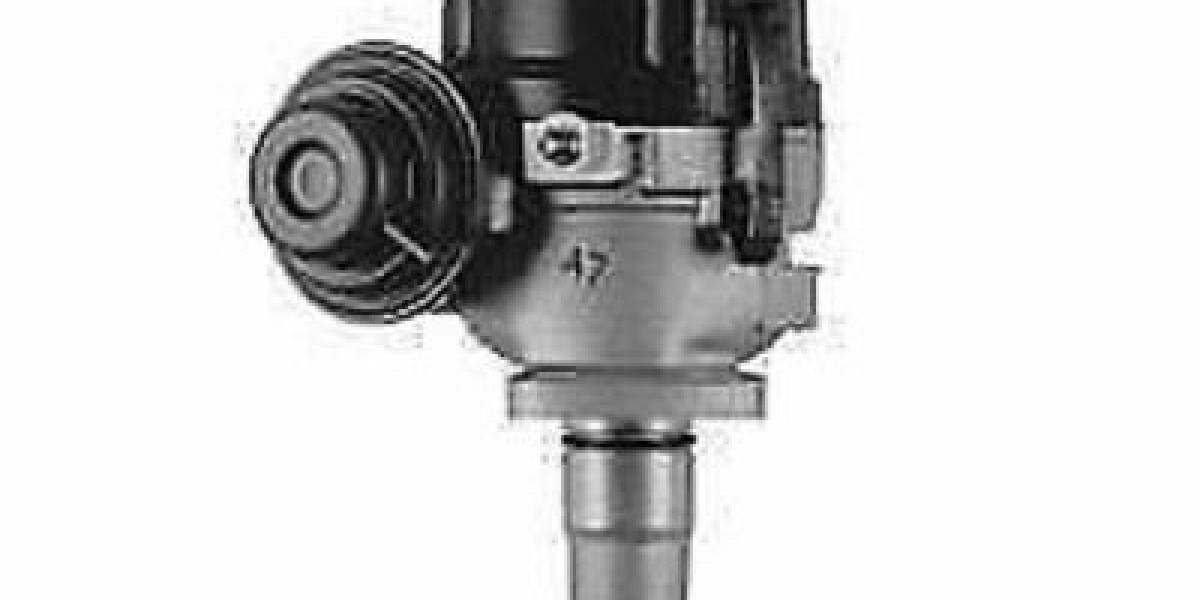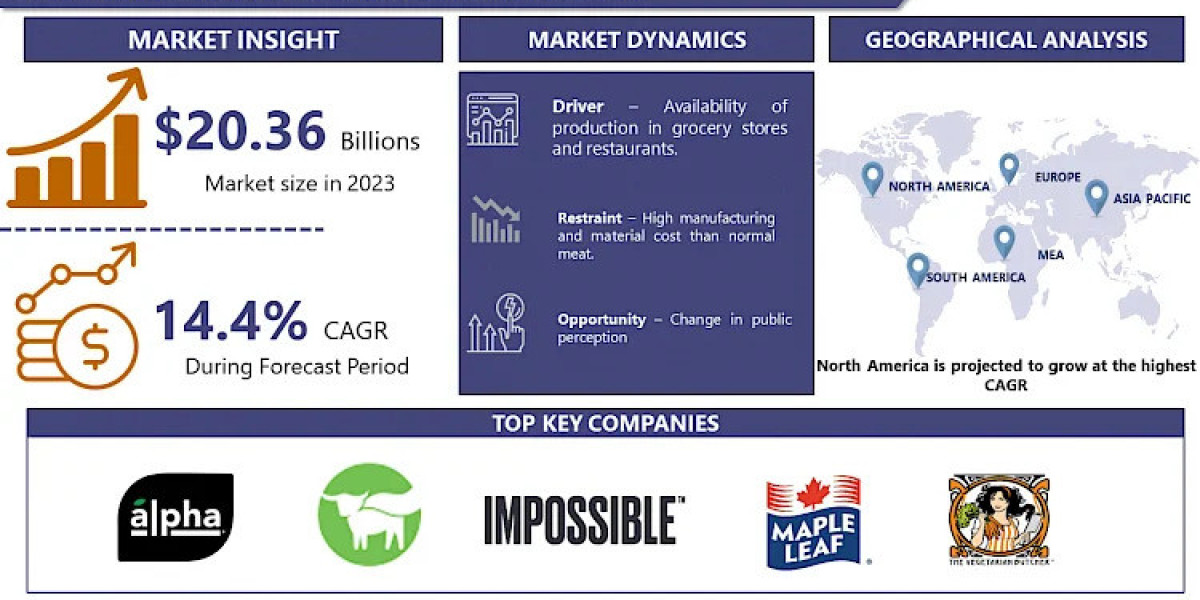Streamlining Operations with Precise Tracking
Accurate skip bin tracking allows waste management companies to streamline their operations. Knowing the exact location of each skip bin at any given time helps in planning routes more effectively. This ensures that collections and deliveries are done in the most efficient manner possible, saving both time and fuel. The ability to track skip bins also means that companies can quickly respond to customer requests or emergencies, improving overall service reliability.
Furthermore, precise tracking minimises the chances of skip bins getting lost or misplaced. This reduces the need for purchasing additional bins, thereby cutting down on unnecessary expenses. Efficient tracking also enables better scheduling of bin pickups and drop-offs, which can lead to optimised resource allocation and reduced operational costs.
Enhancing Inventory Management
Effective skip bin tracking significantly improves inventory management. By maintaining real-time data on bin locations and statuses, companies can keep an accurate inventory count. This helps in ensuring that there are always enough bins available to meet customer demands. Proper inventory management also prevents overstocking or understocking of bins, which can disrupt service delivery and impact customer satisfaction.
Additionally, tracking systems can provide insights into bin usage patterns. This data can be analysed to predict future demand and adjust inventory levels accordingly. By understanding when and where bins are most needed, companies can make informed decisions about bin placement and distribution, further enhancing operational efficiency.
Reducing Idle Time and Increasing Utilisation
Idle time for skip bins can be a significant drain on resources. When bins are not in use, they occupy space and tie up capital that could be better utilised elsewhere. Effective tracking ensures that bins are always in the right place at the right time, minimising idle time and increasing overall utilisation rates. High utilisation rates mean that the company is making the most of its assets, leading to better financial performance.
Increased utilisation also translates to quicker turnover of bins, which can improve cash flow. When bins are consistently in use, they generate revenue more frequently. This steady income stream is essential for maintaining healthy business operations and supporting growth initiatives.
Optimising Route Planning and Logistics
Route planning is a critical component of waste management. Inefficient routes can lead to increased fuel consumption, higher emissions, and longer collection times. Skip bin tracking allows companies to optimise their routes by providing real-time data on bin locations and traffic conditions. This information can be used to plan the most efficient routes, reducing travel time and operational costs.
Optimised route planning also helps in reducing the environmental impact of waste collection activities. By minimising fuel consumption and emissions, companies can contribute to sustainability efforts. Additionally, efficient routes mean that bins are emptied and replaced more quickly, enhancing service quality and customer satisfaction.
Improving Customer Satisfaction
Customer satisfaction is a key metric for any business, and waste management is no exception. Effective skip bin tracking ensures that customers receive timely and reliable service. When bins are tracked accurately, companies can provide precise delivery and pickup times, enhancing the customer experience. Reliable service builds trust and can lead to repeat business and positive word-of-mouth referrals.
Moreover, tracking systems can offer customers transparency regarding their bin status. Clients can be notified when their bins are on the way, when they have been collected, and when replacements are scheduled. This level of communication keeps customers informed and satisfied with the service.
Enhancing Safety and Compliance
Safety is paramount in waste management operations. Misplaced or overflowing bins can create hazards for workers and the public. Effective tracking ensures that bins are monitored and managed properly, reducing the risk of accidents. By keeping track of bin locations and statuses, companies can promptly address any safety issues that arise.
Compliance with regulations is another critical aspect of waste management. Accurate tracking helps ensure that bins are used in accordance with local laws and regulations. This can prevent fines and legal issues that could arise from non-compliance. Additionally, tracking systems can generate reports needed for regulatory compliance, simplifying the process for companies.
Leveraging Data for Continuous Improvement
Data is a powerful tool for continuous improvement. Skip bin tracking systems generate a wealth of data that can be analysed to identify trends and areas for improvement. Companies can use this data to refine their operations, enhance service delivery, and increase efficiency. For example, data analysis can reveal peak times for bin usage, allowing companies to adjust their schedules and resources accordingly.
Additionally, tracking data can be used to evaluate the performance of different routes and strategies. By comparing data over time, companies can determine which approaches are most effective and make informed decisions about future operations. This ongoing process of data-driven improvement helps waste management companies stay competitive and responsive to changing needs.
Implementing Skip Bin Tracking Software
Implementing skip bin tracking software can be a game-changer for waste management companies. This software provides real-time tracking and comprehensive data analysis, enabling businesses to streamline operations, enhance inventory management, and improve customer satisfaction. By leveraging advanced tracking technology, companies can achieve higher efficiency and better financial performance.
Skip bin tracking software also offers integration with other systems, such as billing and customer management platforms. This seamless integration simplifies administrative tasks and ensures that all aspects of the business are aligned. As a result, companies can provide a more cohesive and efficient service to their customers.
In short, effective skip bin tracking plays a vital role in improving operational efficiency for waste management companies. Leveraging tracking data for continuous improvement and implementing advanced skip bin tracking software further enhances these advantages. For waste management businesses looking to stay competitive and efficient, accurate skip bin tracking is essential.



